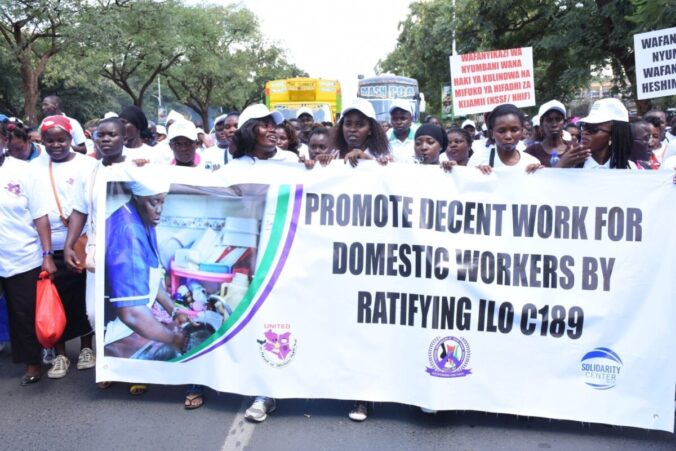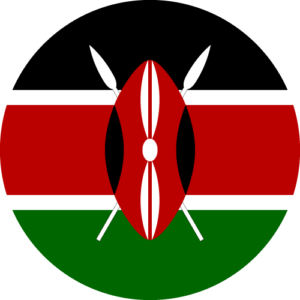Kenya is included in regional trade agreements like the Eastern African Community (EAC) and the African Continental Free Trade Area (AfCFTA), providing benefits such as lower tariffs and simplified customs procedures. In Kenya, the economic base is characterized by various industries, including agriculture, services, pharmaceuticals, chemicals, and manufacturing, which help decrease reliance on any particular sector (Moneta, 2023). Kenya applies tariffs based on the international harmonized system (HS) of item classification and applying obligations and tariffs of the EAC; Customs duties can be excited at rates between 0% and 100% with an average of 25% (Trade.gov, 2022). The political risks faced in Kenya include terrorism, ethnic tensions, corruption, institutional deficiencies, democratic responsibility, and socioeconomic circumstances (Mlilo, 2019). When doing business with a developing country like Kenya, other countries must be aware of particular cultural barriers that would either improve the relationship or hinder a country from doing business with one another; circumcision plays a significant role in the coming-of-age rituals of numerous tribes in Kenya highlighting their importance in their cultural traditions on both boys and girls but, due to health and social repercussions many no longer perform female circumcisions (Ajkenyasafaris, 2023). Kenya is still able to uphold positive relationships with countries worldwide.
Negotiations between Kenya and the United States began in July 2020, entering the two countries in a restrictive standard agreement that will support regional integration initiatives within the EAC and the AfCFTA; the government then announced the STIP. The governments will seek after upgraded engagements to make tall standard commitments in a broad run of ranges with a see to expanding speculation; advancing economic and comprehensive financial development; profiting laborers, customers, and businesses; and supporting African territorial financial integration (Trade.gov, 2022). The US-Kenya STIP was launched against rapidly growing trade relations between China and Kenya, and since 2000, trade between China and Kenya has increased nearly 30-fold, from $106 million to $3.5 billion in 2020. As these trade volumes have grown, so has Kenya’s trade deficit (Usman & Abaya, 2022). Customers want to give brands loyalty for repeat business because they focus on listening to them, creating products that solve their problems, and getting to know them. The most valuable brand in Kenya is Safaricom, followed by Equity Bank and Kenya Commercial Bank (Oluwole, 2023). Positive labor relations are essential to make a business successful with longevity.
Banks’ operating hours are from 9 am until 3 pm, shops between 9 am and 7 pm, with most supermarkets open 24/7, and certain shops within shopping centers staying open until 8 pm (Lloydsbanktrade, 2023). One may say that the retail sector in Kenya is considered the second most advanced in Africa; QuickMart Supermarket meets shoppers’ convenience needs. As a result of the company’s ambitious expansion efforts, its degree of competition has grown with other retailers like Naivas and Carrefour. Naivas is the biggest supermarket franchise in Kenya, boasting 84 branches (Njugunah, 2023). Technology plays an essential role in Kenya’s growing economy; the single window system enables the electronic submission of customs entries and also connects to the Kenya revenue authority for customs clearance through the electronic cargo tracking system, enhancing the country’s business environment with ease (Mbogo, 2017). In order to take part in the digital economy, every person, company, and government organization must have affordable and reliable access to Internet service. Unfortunately, Kenya faces a significant digital access gap, with 44% of the population in urban areas having access to the internet, compared to only 17% of those living in rural areas (WorldBankGroup, 2019). For the country’s advancement, it is essential to close the digital gap.
Page Author: Jailine Collado




